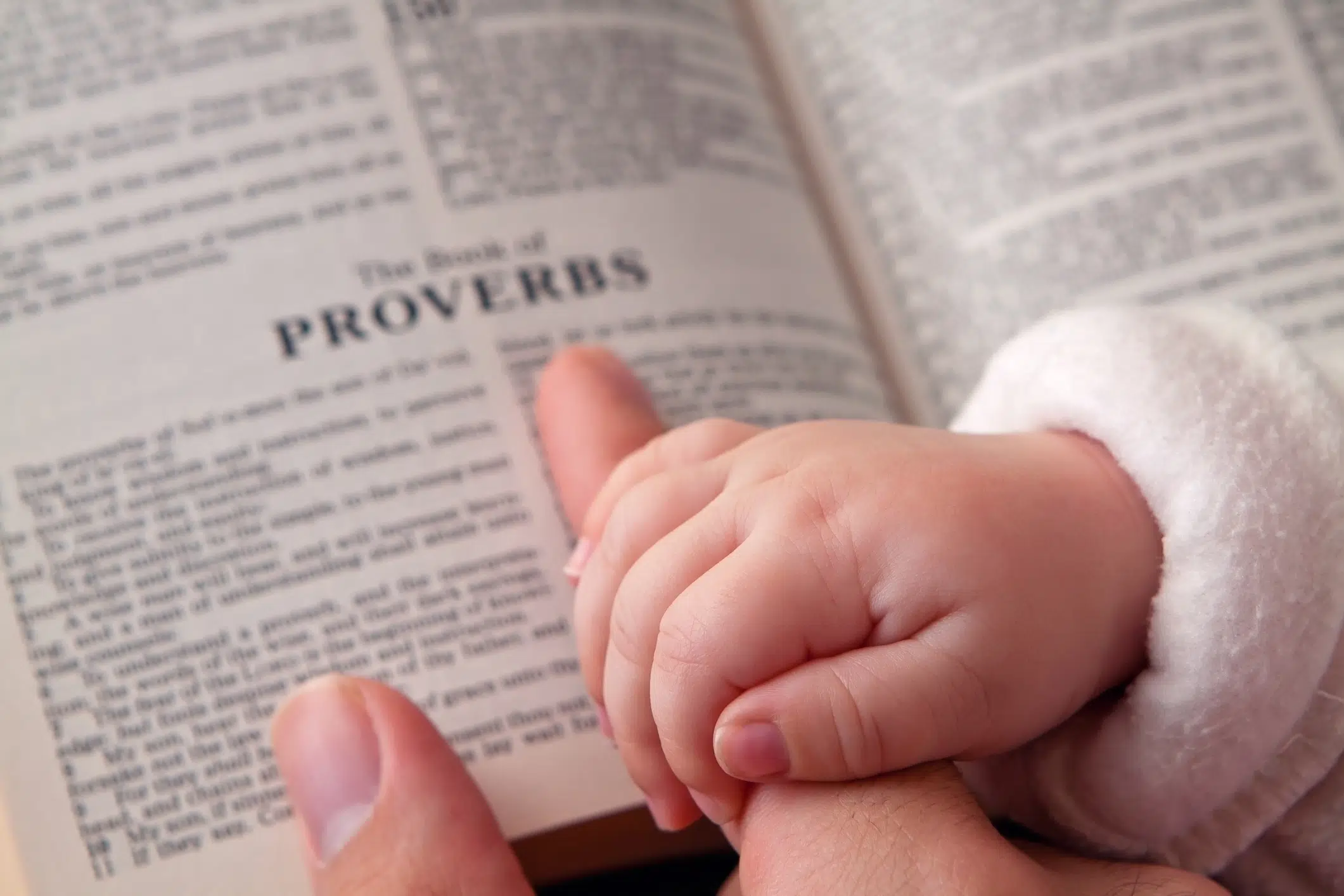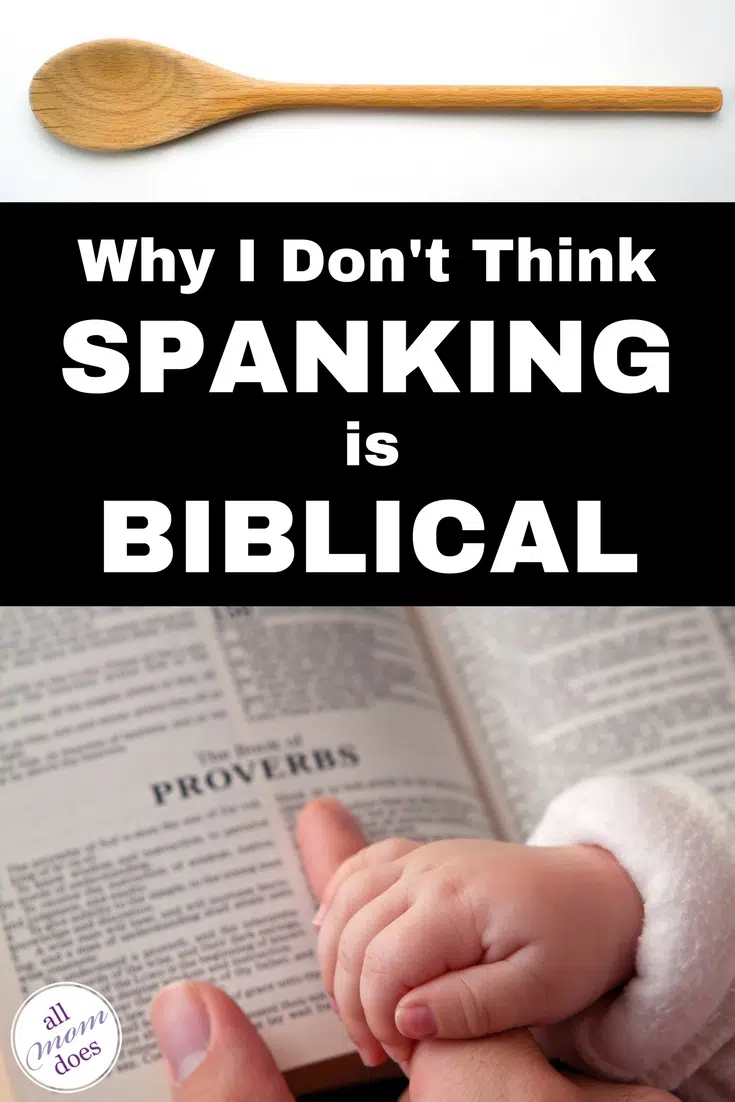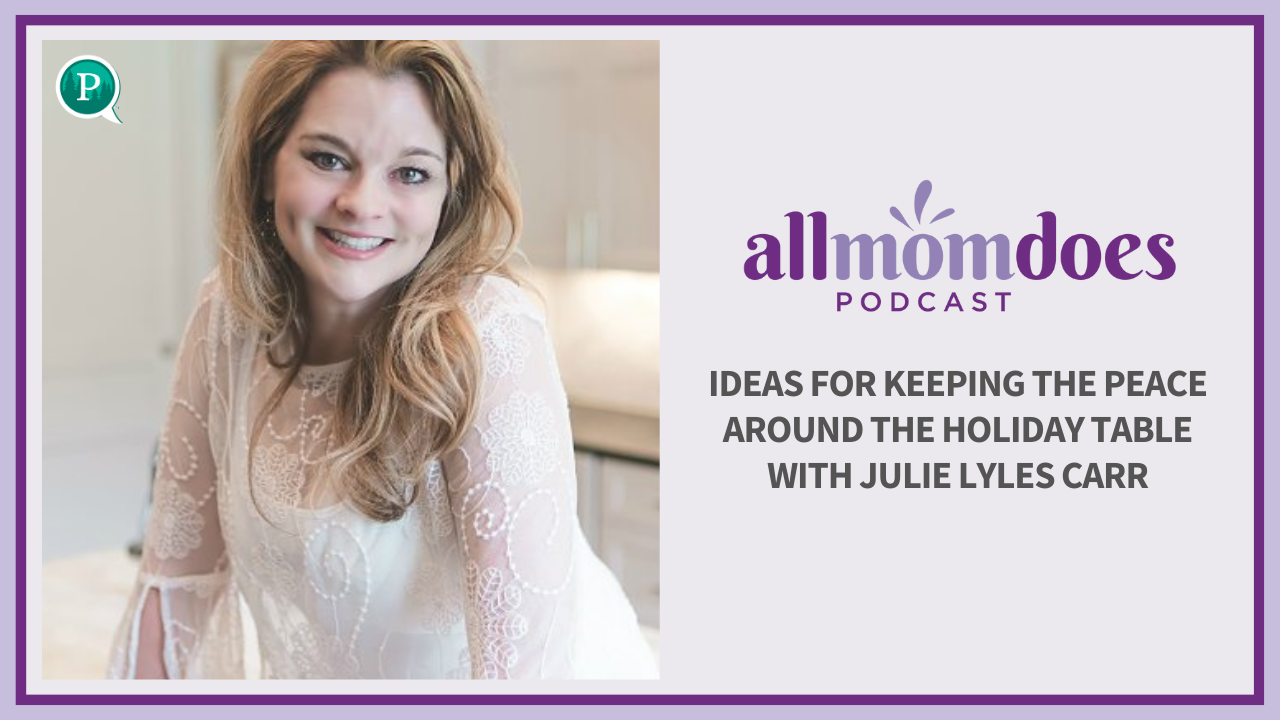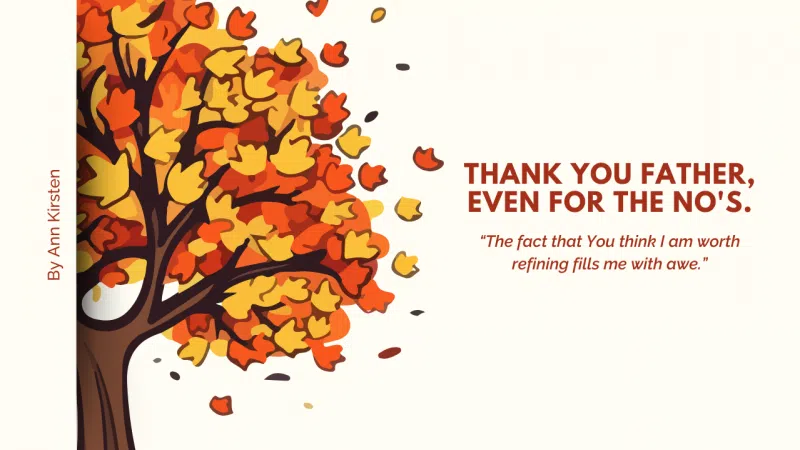This week we’re tackling an incredibly sensitive and divisive subject: spanking as a form of discipline. Four women have agreed to share with us the reasons why they chose to spank their children, or why they opted not to. This series is not meant to convince anyone that spanking is either right or wrong, but rather to give us each the chance to hear from mothers who have chosen different from us. It also gives us the opportunity to thoughtfully reflect on (and possibly re-evaluate) how we’ve chosen to parent our own children. Find all installments from this series here.
We didn’t initially make a conscious parenting decision not to spank, but it wasn’t a discipline method that held much appeal for either me or my husband, so we never did it.
But then, after a (pro-spanking) discussion in a church setting several years ago, I set out to learn a little bit more. Because even after hearing pastors who knew way more about the bible than I did explain the why and the how of spanking from a Christian parenting approach, something still didn’t sit right with me.
And after doing my own research several years ago I can unequivocally say that I won’t spank my kids. But before I tell you why, you need to know two things:
- I’m not a Biblical scholar. Just a mom with a curiosity who wanted to learn about how God wants me to parent my kids.
- I don’t believe that spanking automatically equates with abuse. It doesn’t. Yes, there are lines that can easily be crossed, but the same is true of non-physical discipline. Shame, belittling, and harsh words are just as harmful to a child if they’re used as part of a discipline strategy – they just don’t leave visible bruises if you go too far.
So without further ado, here are the reasons that I don’t spank my children, both from my journey as a parent and from what I believe to be a biblical perspective.
“Spare the rod, spoil the child” is not in the Bible. I know I’m late to the party on this one, but I actually thought this was a verse in Proverbs. (See? I told you I wasn’t a Biblical scholar.) Turns out it’s an interpretation of Proverbs 13:24, and the phrase is attributed to Samuel Butler in the 17th century. I’m not discounting the dire warning about discipline from Proverbs, but I think it’s important to note that there’s no reference to “spoiling,” and that sometimes we take for granted that certain things are in the bible that aren’t. Do your own research, people. Don’t listen to everyone else.
Choosing not to spank does NOT mean you’re choosing not to discipline. I think there’s often this assumption of dichotomy: If you don’t spank, you’re lax in discipline. I don’t think this is a fair assumption, just as I don’t think it’s fair to assume that people who do choose to spank are abusive. There are lots of ways to discipline firmly without resorting to physical measures. Just because we choose not to spank does not mean we are permissive parents.
We don’t follow the guidance in Proverbs on physically disciplining adults, so I don’t think it’s fair to do it on children. Proverbs 20:30 (NIV) says, “Blows and wounds scrub away evil, and beatings purge the inmost being.” The KJV even refers to the blueness of a wound (bruises) and stripes (wounds from a whip). I think few of us would agree with this type of physical discipline for adults – so why do we think it’s okay for children, even if there are limits? And in fact, while most biblical spanking proponents insist that spanking should be administered on the buttocks and never leave a mark (which I’m thankful for this guidance, by the way), there is no place in the Bible that indicates physical discipline should follow these standards; the guidance is completely man-made.
There is a lot of disagreement about what the “rod of discipline” is. It’s clear that a “rod” is used several times in Proverbs in a physical manner, to deliver physical punishment. However, there is disagreement as to whether it’s meant to portray a literal beating, or whether it’s metaphorical or poetic imagery. There is also speculation that it refers to a shepherd’s rod, which was used to guide sheep (rather than beat them). I know this isn’t the strongest argument of the bunch, but I LOVE this imagery of a shepherd’s staff gently guiding a child. But while we’re here discussing whether the rod is literal, consider the first half of Proverbs 13:24 that says if you spare the rod you hate your son. That’s hyperbole; it’s not literal. People don’t actually hate their kids. And in Proverbs 22:15, folly isn’t actually an object that’s hog-tied inside your child’s major cardiovascular organ. That’s imagery. When half of these verses are clearly non-literal, why are we insisting on taking the rod literally? Perhaps that’s imagery, too.
The age of the child in the “spanking” passage is older than you think. When implementing spanking, many parents use it during the younger childhood years – either with toddlers or preschoolers who are too young to understand reasoning, or with lower elementary kids because they’re still young enough to physically restrain. However there are lots of different words in the original Hebrew that mean “child,” all of which identify kids of different ages. The specific word for child used in Proverbs 22:15 (Foolishness is bound up in the heart of a child, but the rod of discipline drives it far from him) actually refers to a person all the way to the cusp of adulthood, through adolescence and of marriageable age. By this age, most parents have long abandoned spanking, reserving it as a punishment for children much younger. However, there doesn’t seem to be any biblical support for this. If God actually meant for spanking using “the rod of discipline” only on younger children, there are different terms for “child” that could have been used. Again, this “biblical guidance” to cease spanking by late elementary school is man-made. But if that “rod of discipline” is really a metaphor? Then of course we use it through the teen years. That makes more sense to me.
Proverbs is not a book of commands and promises, but of wisdom and advice. I don’t disagree at all that Proverbs contains dire warnings about failing to discipline children. And I absolutely believe that firm, effective discipline is part of wise, responsible parenting. However, I disagree that spanking must be a part of Christian parenting, or that the “rod of discipline” means a literal rod on a child’s backside.
I can’t hit my child and then insist they don’t hit others. I’ll admit this final point isn’t biblical, but rather a personal experience. I slapped my toddler’s hand one time. ONE TIME. I had told them not to touch something, and they wouldn’t listen. Repeatedly. I was out of options and I figured a smack on the hand was the only way to get through to them – because it was painful, it was immediate, and it was clear. I hated it, but what happened next confirmed my choice to never use physical discipline again: They looked at me confused, then scared, and then swatted their hand in my direction to try and hit me back. It didn’t matter that I had been calm and purposeful and clear in my discipline. To my child who was too small to understand my reasoning, it was still reactive. And there was NO WAY I could then chastise them for hitting mommy after I had just hit them. Does that type of disrespect deserve serious redirection? ABSOLUTELY. But to a young child who cannot distinguish the difference between “proper spanking” and “angry, reactive spanking,” it made no sense – and, frankly, then left me powerless to discipline them for their attempt to hit me back.
I’d like to reiterate that I don’t think the practice of spanking is abusive if done properly. However, I disagree with much of the guidance and rhetoric that it’s a biblical mandated practice – especially as practiced today. I feel like there’s too much opinion and practical guidance that’s touted as biblical but has no basis in scripture.
Call me a skeptic, but it just doesn’t sit right with me.
I understand that many parents spank their kids, that their kids turn out just fine, and that they absolutely have the right to choose how to parent their children. But I’ve chosen to parent differently, and was asked to share the reasons why.
These are the reasons that ultimately convinced me not to spank my kids – but I’m not suggesting they should be the reasons you choose not to spank yours. Whether you choose to spank or not, I would suggest that your decision be purposeful, thoughtful, intentional, and not based on one mother’s (admittedly rather long-winded) blog entry.
If you’ve never seriously spent some time thinking about it one way or the other, I encourage you to sit back and do your own reflection. Pray about it. See which way you feel led, and then dive in to gather as much information as you can.
Parenting is not easy, and when it comes to a critical issue like discipline, the stakes are high. We don’t want to mess up.
And that makes this whole issue even more complicated than it already is.
Do you spank as a form of discipline in your family? Why or why not? Differing opinions are always welcome, but kindness and respect are expected when commenting.


















